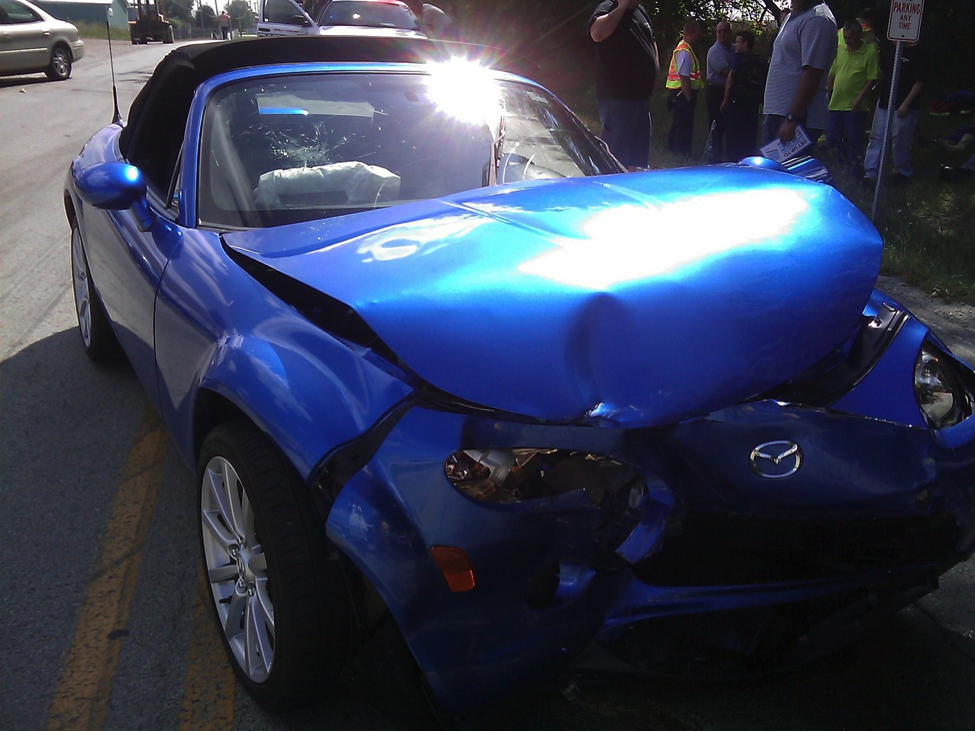
Each state has different laws on car accident claims which could significantly impact you’re claim and damages. Because the statute of limitations places a ticking clock on your ability to file a claim, and because statute of limitations varies from state to state, it is important to contact an experience personal injury attorney as soon as possible after the wreck.
Interestingly, your car accident lawsuit could involve the application of the law of your home state as well as the law of the state in which the accident occurred. Under the doctrine of lex loci delicti commissi (Latin for “law of the place where the tort was committed”), the law of the state in which the accident occurred governs your actual personal injury claim. For instance, if you live in Alabama, but were injured in a car accident in Tennessee, Tennessee law governs the way in which your car accident claim will be prosecuted and the type of damages you can recover. Remember, slight differences in state laws can greatly impact the amount a jury awards or amount you settle for.
Where things get complicated, however, is if your car accident lawsuit involves a claim for uninsured or underinsured motorist coverage. (Also, called UM or UIM). The basic premise of uninsured/underinsured motorist coverage is that your insurance policy is required to provide you with some coverage in case you are injured by a driver who does not have car insurance or is underinsured. For more information on uninsured or underinsured motorist coverage, check out our page here.
Under the doctrine of lex loci contractus (Latin for “law of the place where the contract is made”), your claim to get uninsured/underinsured motorist coverage is governed by the law of the state where you contracted for auto insurance (most likely your home state). Because uninsured/underinsured motorist coverage is contractually agreed between you and your insurance company, it is treated differently than your regular personal injury claim. Moreover, in most states a UM or UIM claim is considered a breach of contract claim, which may mean a different statute of limitations applies to this type of claim.
One important area where Alabama differs from many other states (including Tennessee) is on the issue of “stacking” uninsured/underinsured motorist claims. In Alabama, you can add or “stack” the uninsured/underinsured motorist coverages of up to three vehicles on a single policy, or you may stack unlimited coverages on separate car insurance policies. In Tennessee, you cannot “stack” uninsured/underinsured motorist coverage. This legal difference can substantially affect your recovery. For example, if you have three cars on your insurance policy, each with $25,000 in uninsured/underinsured coverage, you may be able to recover up to $75,000. This would not be possible where stacking is not allowed.
Another difference in state laws is that some states, such as Tennessee, have an offset provision or law that allows the underinsured motorist carrier to offset or subtract the amount of underinsured motorist coverage available by the amount of the insurance coverage the at-fault driver (tortfeasor) has available. For example, in a state with an offset provision in their UM/UIM law, if the at fault driver has $25,000.00 in insurance coverage and you have $100,000 in underinsured motorist coverage, the $25,000.00 in coverage from the at-fault driver is subtracted from the $100,000 in underinsured motorist coverage, leaving the injured person (plaintiff) with $75,000.00 in available underinsured motorist coverage.
To recap, if you are injured in a car accident out of state due to the negligence of someone else, your lawsuit could be governed by the law of two different states. The actual claim where you assert the other driver’s negligence and your injuries is governed by the law in which the accident occurred. If that claim also involves a driver who is uninsured or underinsured, the law of your home state may govern your uninsured/underinsured motorist claim.
Over the years, our Huntsville car accident attorneys have handled numerous automobile accident cases involving these issues. If you’ve been involved in motor vehicle accident in Alabama and you’re from another state or if you’re from Alabama and were involved in an accident out of state, we can still help. Contact us today.